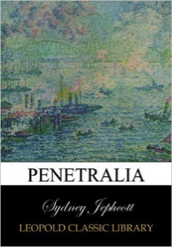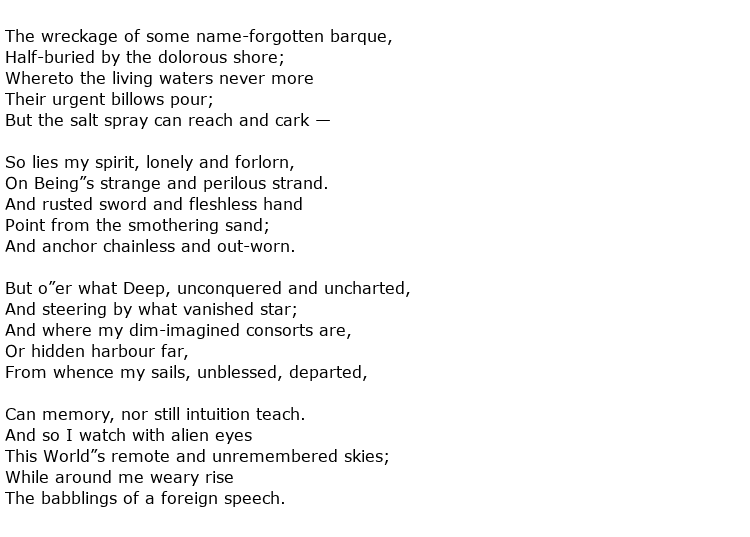 Sydney Jephcott was an Australian poet and cattle farmer, the son of 19th century English immigrants. Apart from his literary achievements he was a journalist and also a remarkably successful exotic tree grower. From seeds introduced in 1874 he helped to create a spectacular arboretum at the family farm and he took great pains to ensure that this important plantation survived throughout his own lifetime and beyond.
Sydney Jephcott was an Australian poet and cattle farmer, the son of 19th century English immigrants. Apart from his literary achievements he was a journalist and also a remarkably successful exotic tree grower. From seeds introduced in 1874 he helped to create a spectacular arboretum at the family farm and he took great pains to ensure that this important plantation survived throughout his own lifetime and beyond.
He was born on the 30th November 1864 in the small town of Corryong in the state of Victoria. It was an idyllic valley setting, close to Mount Kosciusko and the New South Wales border. His father was a farmer who happened to have an extensive library and Sydney got himself a decent education simply by being an avid reader of his father’s books. There seems to be no evidence of any formal education. At the age of twelve he spent some time on his own in the mountains, and this appears to be another example of his ability to “self-teach”. This will have been a harsh, possibly dangerous, environment and he will have learned much from it about self-discipline and survival. Indeed, he wrote later that this was

It seemed inevitable that he would follow in his father’s agricultural footsteps and he ended up spending most of his life close to home, in the Snowy Mountains district of New South Wales. Despite being away from big city life he still managed to develop a number of significant relationships with fellow writers. One of these, Henry Kendall, was possibly the catalyst for Jephcott’s writing career. They met some time in the late 1870s and this was followed by meetings with other writers such as Frances Adams and John Farrell.
Suitably encouraged, Jephcott submitted poems for publication first in the Bulletin and then in other publications. This was during the 1880s and, in 1892, he had his first book published, called

Perhaps one of his most famous poems appeared in a book of the same name – Penetralia. This was published in Melbourne in 1912.
Although Jephcott’s poetry often contained alpine imagery, reflecting his home environment, with lyrical and meditative descriptions of the people and the land in which he lived, he occasionally wrote of sea-faring people and the tragedies of ship wrecks. One such was his poem Home-Woe which appears to be an account of the arrival of early settlers on the rocky shores of Australia who struggle to come to terms with this new and foreign land, missing their old homes. Here is the poem:

Like many immigrants at that time, Jephcott took an interest in the political situation in the country. He considered himself to be a Federationist and a Democrat without being particularly active in political affairs. He was sensitive though to the native Australian people and, in his journalism, he often castigated

Apart from writing his main focus in life was his family, his cattle farm and his arboretum. He married in 1935 and they had five children. He continued to write with humour and vision, maintaining life-long literary friendships right up to the end of his life.
Sydney Wheeler Jephcott died on the 3rd July 1951 aged 86.

